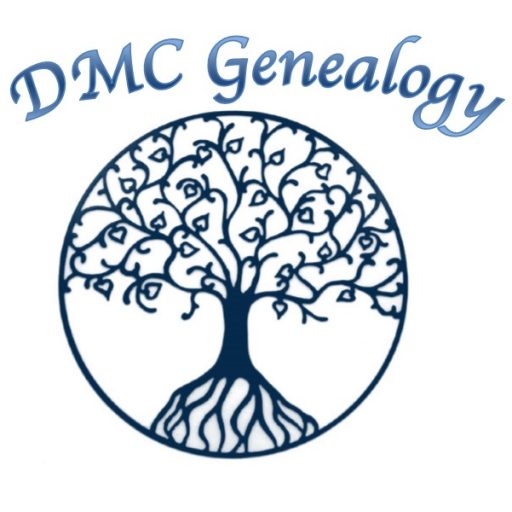According to Merriam-Webster genealogy is
- ‘an account of the descent of a person, family or group from an ancestor or from older forms’
- ‘regular descent of a person, family or group or organisms from a progenitor or older form’
- ‘the study of family ancestral lines’
- Or ‘an account of the origin and historical development of something’
The first known use of genealogy was in the 14th century. Middle English genealogie, from Anglo-French, from Late Latin genealogia, from Greek, from genea race, family + -logia -logy; akin to Greek genos race.
“Genealogy.” Merriam-Webster.com Dictionary, Merriam-Webster, https://www.merriam-webster.com/dictionary/genealogy. Accessed 16 Aug. 2022.
The definition seems to make it all very technical, but it’s not really. A Genealogist is someone that does the work because she loves it. I have not once opened my laptop and logged into Ancestry thinking ‘oh geeze, do I have to do this, again???’ This can’t be a job ‘just to have something to do and a paycheck to go with it’, this has always been a labor of love. Genealogy is the study of ancestors with documentation of birth, marriage and death as far back in time as you can go.
The Family Historian will go deeper than documentation. They will delve into the lineage of a family, searching out stories, occupations, education, military services, residences, medical conditions and more. The Family Historian will find all of the same documentation as a genealogist, but on those documents, they will see the little things; the cause of death, all of the people mentioned in an obituary as well as the number of grandchildren and great grandchildren, the witnesses at a marriage, the parents age at a child’s birth or at their wedding, and more.
My great grandfathers’ parents did not marry until all 4 of their parents had passed away. By that time his mother was 48, his father was 49 and he had eight other brothers and sisters. My goal is to find out why they did not marry before. Were all 4 parents more against that marriage than having nine illegitimate grandchildren? Did all of their siblings have the same restrictions, or were they allowed to marry? I feel the need to find out why. All of that happened in the late 1800’s; a time when I thought that children out of wedlock was unheard of.
So, a Genealogist and a Family Historian are closely related – The Genealogist finds the000 ‘when’ and ‘how’, but a Family Historian will strive0 to find the ‘why’ of it all.
